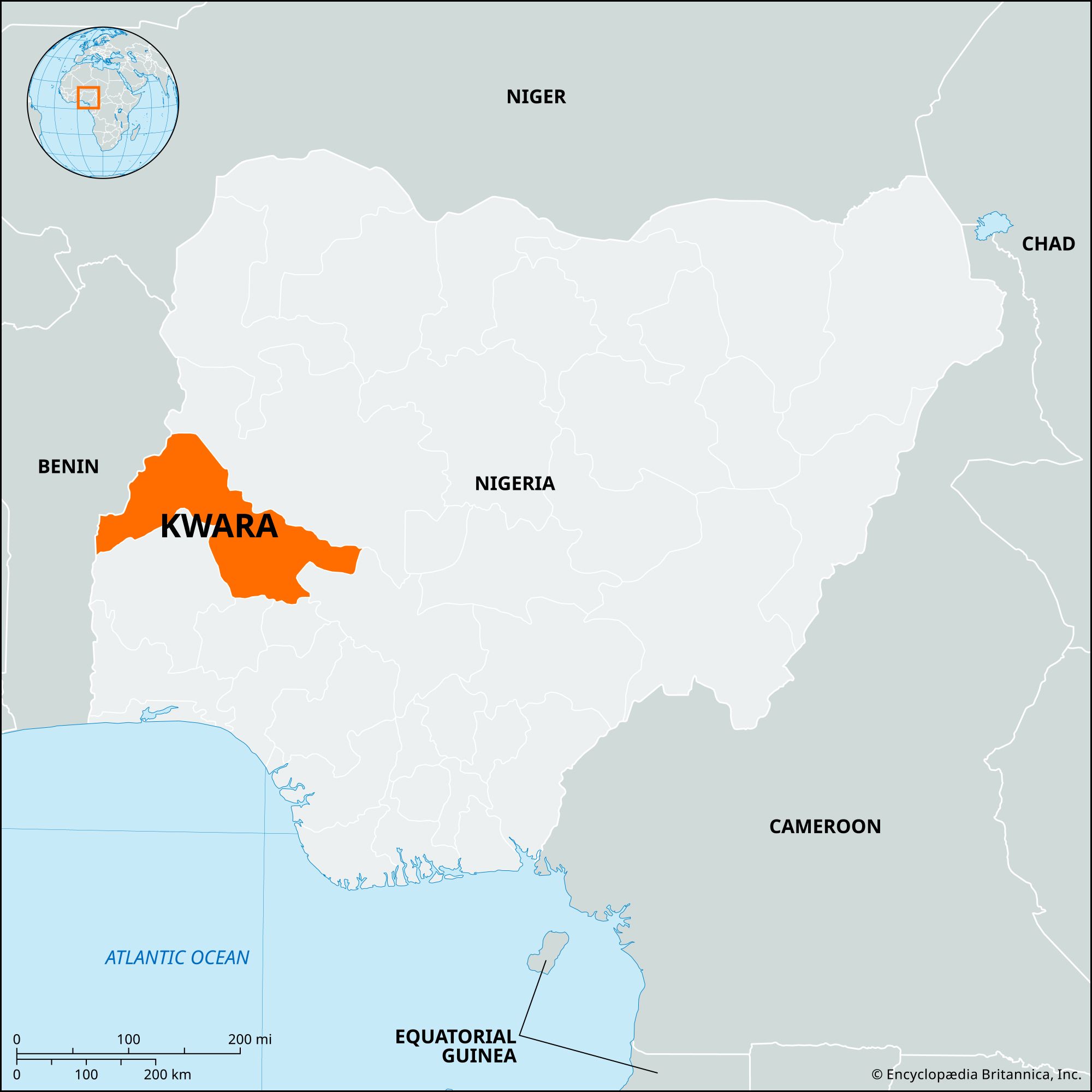Kwara State
States Jan 04, 2025

Table of Contents
Kwara State, located in the North-Central region of Nigeria, is a fascinating place with a rich history, diverse culture, and significant contributions to the country’s development. Known as the “State of Harmony,” Kwara is renowned for its peaceful coexistence among its people and its historical significance as a melting pot of various ethnic groups and traditions. This article delves into the history, culture, and notable landmarks of Kwara State.
Early History of Kwara State
The history of Kwara State dates back to the pre-colonial era, when the region was a part of the Oyo Empire, one of the most powerful kingdoms in West Africa. The Oyo Empire, predominantly Yoruba, influenced the area’s culture, language, and political structure. Kwara’s strategic location made it a center for trade and cultural exchange between the northern and southern parts of Nigeria
During the 19th century, the Fulani Jihad led by Usman dan Fodio brought Islamic influence to the region. Ilorin, the present-day capital of Kwara State, became a prominent emirate under the Sokoto Caliphate. This historical legacy is still evident today, as Ilorin remains a significant hub of Islamic culture and scholarship in Nigeria.
Formation of Kwara State
Kwara State was created on May 27, 1967, as part of General Yakubu Gowon’s efforts to restructure Nigeria into 12 states. Originally known as the West Central State, it was renamed Kwara after the local name for the River Niger, which flows through the region. Over the years, parts of Kwara State were carved out to form new states, including Kogi and parts of Niger State.
Today, Kwara State shares boundaries with Niger State to the north, Kogi State to the east, Ekiti and Osun States to the south, and Oyo State to the west. It also shares an international border with the Republic of Benin to the northwest, making it a gateway to West Africa.
Culture and Ethnic Diversity
Kwara State is home to various ethnic groups, including the Yoruba, Nupe, Bariba, and Fulani. The Yoruba form the majority and are predominantly found in the southern and central parts of the state. The Nupe, Bariba, and Fulani communities are concentrated in the northern areas. This ethnic diversity is reflected in the state’s languages, festivals, and traditional practices.
Some of the popular festivals in Kwara State include the Durbar festival in Ilorin, which showcases horse riding and traditional regalia, and the New Yam Festival celebrated by various communities. These events highlight the rich cultural heritage and unity of the people of Kwara.
Key Landmarks and Attractions
Kwara State boasts several historical and natural landmarks that attract tourists and historians alike. Some of the most notable sites include:
1. Esie Museum
Located in Esie, this museum is home to one of the largest collections of soapstone sculptures in Africa. The artifacts date back several centuries, and the museum serves as a window into the region’s ancient history and artistry.
2. Owu Falls
Owu Falls, one of the highest waterfalls in West Africa, is a breathtaking natural wonder located in Ifelodun Local Government Area. Surrounded by lush vegetation, it is a popular destination for nature lovers and adventure seekers.
3. Sobi Hill
Sobi Hill, situated in Ilorin, holds significant historical and spiritual importance. According to local lore, it served as a refuge during inter-tribal wars and is considered a sacred site by some communities.
4. Ilorin Central Mosque
The Ilorin Central Mosque is an architectural masterpiece and a symbol of the Islamic heritage of Kwara State. Its intricate design and massive structure make it a must-visit for tourists and worshippers alike.
Economy and Development
Kwara State’s economy is primarily based on agriculture, with crops such as rice, maize, yam, and cassava being widely cultivated. The state is also known for its livestock farming, particularly in the northern areas. Over the years, Kwara has made strides in industrialization, with the establishment of various factories and businesses.
Additionally, the state government has invested in education and healthcare, aiming to improve the quality of life for its residents. Institutions like the University of Ilorin and Kwara State University contribute to the state’s reputation as an educational hub.
Conclusion
Kwara State is a unique blend of history, culture, and natural beauty. From its roots in the ancient Oyo Empire to its role as a modern state in Nigeria, Kwara continues to evolve while preserving its rich heritage. Whether you’re a history enthusiast, a cultural explorer, or a nature lover, Kwara State offers something for everyone.
As you explore the history and attractions of Kwara State, you’ll discover why it truly lives up to its moniker as the “State of Harmony.”
